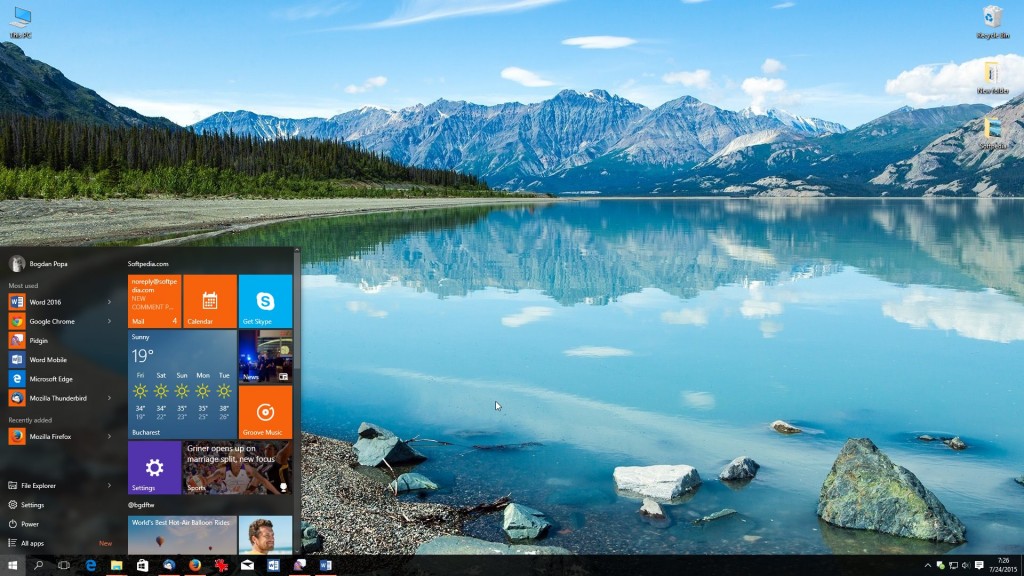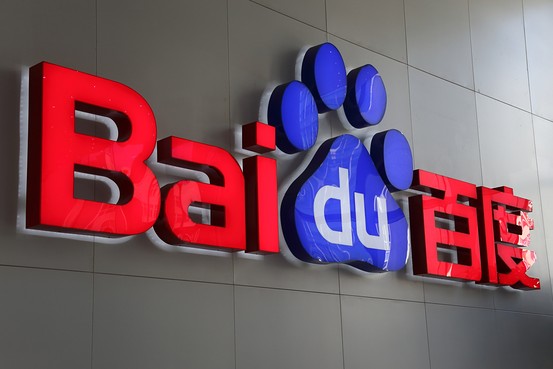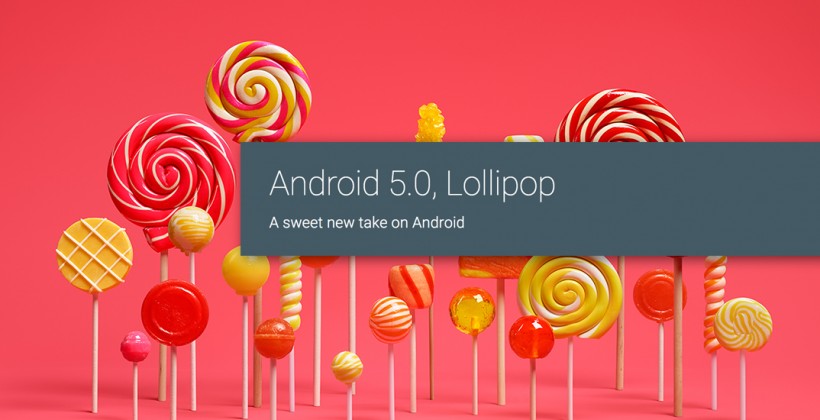Microsoft understands that making Windows 10 the operating system of choice in China will be an uphill battle, so it’s dumping its own search engine Bing and teaming up with Baidu in a bid to popularize its latest OS in the world’s largest country.
Through the new partnership, Baidu’s 600 million users will be able to upgrade to Windows 10 through a distribution channel called Windows 10 Express. The Baidu webpage will also feature universal Windows applications for search, video, maps, and other cloud-based products.
Due to the emergence of China as a growing market for search/digital advertising, Baidu is now second only to Google when it comes to annual sales from global search advertising spending. Baidu’s 8.8% market of the $81.59 billion search advertising industry is far higher than that of Microsoft Bing’s 4.2% share last year.
However, Microsoft isn’t abandoning Bing yet in China in its support for Baidu. According to Yusuf Mehdi, Windows and devices vice president and author of the blog post announcing the partnership, “We remain deeply committed to delivering Bing around the world and we’re also committed to offering locally relevant experiences – like Baidu in China – to provide great Windows 10 experiences.”
According to Mehdi, over 10 million devices are currently running Windows 10 in China and the company already has partnerships with Tencent, the social networking and gaming service; Qihoo 360, an internet security company; and Lenovo, a PC manufacturer. Xiaomi, the smartphone distributor, is helping Microsoft test Windows 10 on mobile devices via its Xiaomi Mi 4 users.
Xiaomi also said that it would adopt Windows Azure, operated by 21Vianet, to offer cloud services for its Mi Cloud service. Xiaomi will also be using a domestic cloud platform run by its sister company.
Microsoft clashed with the Chinese government last year when China reportedly banned Windows 8 on government computers. China’s Central Government Procurement Center did not specify why it was banning Windows 8, but state news agency Xinhua said the country wanted to avoid losing support for an operating system like it did with Windows XP.
This new and surprising move is evidence of Satya Nadella’s common-sense approach, where Microsoft is willing to throw out the old ways of doing things. Instead of stubbornly clinging to an all-Microsoft-products-all-the-time approach, Microsoft will partner where it makes sense to promote the products that are most strategically important.





